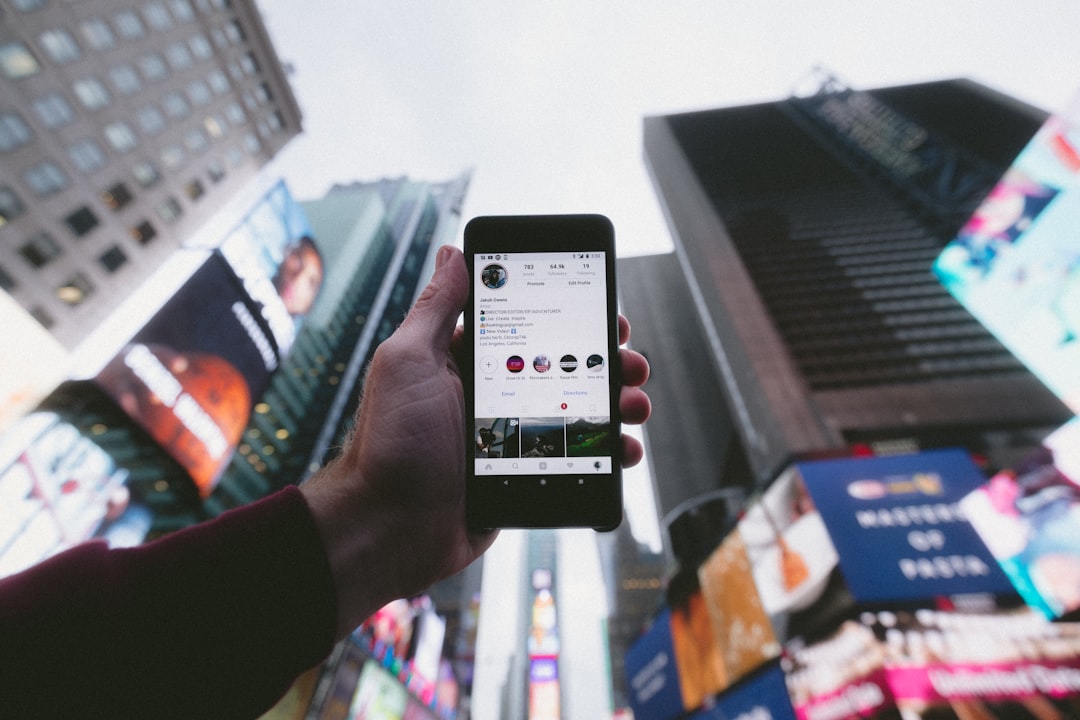Addicted to Facebook likes? Emma Isle investigates the potentially harmful effect that social is having on our lives.
In the years since Facebook was founded it has gone on to become one of the most used social networks in the world. But is the use of social networks damaging the mental health of students and young people? While social media is fantastic in many ways recently it has been getting a bad reputation for the actions of so called ‘internet trolls’ bullying people to the point of suicide. It is also a huge time drain, as anyone who has ‘just checked’ Facebook 8 times in the last hour will know.
Social media can suck up our time, distracting us from what is really important in life
Recently, Sean Parker, Facebook’s founding president aired his concerns about the impact of the site he helped to build. Talking on stage to Mike Allen from Axios he stated that “The thought process that went into building these applications, Facebook being the first of them, was all about: how do we consume as much of your time and conscious attention as possible?”
Photo by NordWood Themes / Unsplash
And clearly Facebook has been successful in its endeavor, with more people getting sucked into its pages on a daily basis than ever. How many times has someone you know deactivated their account over exam period to prevent distraction?
But is this aggressive attention-grabbing damaging to the people using the service? Social media can suck up our time, distracting us from what is really important in life, like uni work or actually spending time with friends. And this daily disruption can also cause problems in other areas.
This constant search for the most likes, all while comparing ourselves to the people that we see on our news feeds are bound to have some sort of impact on our wellbeing.
Following other people’s social interactions can actually make us feel lonelier
A study undertaken four years ago showed that an increased use of Facebook caused a decrease in both moment to moment happiness and how satisfied people were with their lives. This is unsurprising however, since the versions of life that people can see on platforms such as instagram rarely reflect real life, and being constantly bombarded with pictures of other people’s seemingly perfect lives is bound to make even the most resilient of us feel inadequate every once in a while.
Social media use has also been linked to increased feelings of social isolation, which is in theory the opposite of what it promises us. Perceived social isolation can cause huge problems, both physically and mentally, as it triggers stress symptoms that can lead to illness. Following other people’s social interactions can actually make us feel lonelier, leading to such health problems.
The increased personalization of Facebook news feeds can cause other problems as well. With many people, myself included, it is one of the main sources of news and discussion, and such personalization can lead to a false sense of consensus, preventing us from accessing alternate viewpoints, and seeing a realistic view of the world.
Photo by Jakob Owens / Unsplash
Facebook may even be changing the way that we interact with each other, pushing us further towards online interaction, and away from more meaningful face to face contact.
So maybe it’s time we all took a look at the amount of time we spend on social media, and ask ourselves the question – do I really want to spend more time on Facebook? Yes, social media can be a force for good, but like all addictions, should be approached with caution. In the words of Sean Parker “I use these platforms, I just don’t let these platforms use me”.
Featured Image: Unsplash / William Iven









